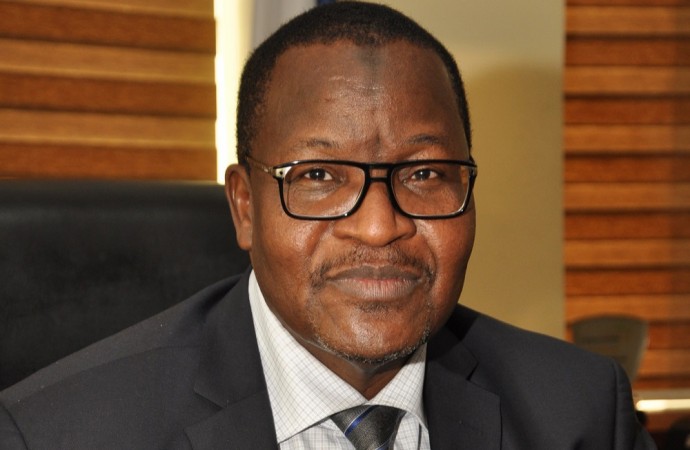The Federal Government says it is working with the Indian Government to access 100 million dollars concessional loan to develop the country’s rural broadband connectivity.
The Minister of Communications, Mr Adebayo Shittu said this in an interview with newsmen on the sidelines of the Indian Technical and Economic Cooperation (ITEC) Day held in Abuja on Thursday night.
Shittu said that the loan to be accessed would be part of India’s 10 billion-dollar concessional loans to African countries for the implementation of projects of their national priority.
The minister said that the rural broadband connectivity in India “inspired” his application for the 100 million dollar-loan for the project.
“Nigeria must be prepared to take advantage of the available opportunities, one of which is in securing of credit line for the development of rural backbone infrastructure.
“In India, as expansive as the country is, every area has sufficient broadband connectivity; everybody has access to online connectivity.
“This is the opposite in Nigeria. We have barely exceeded the 30 per cent connectivity rate.
“However, with this initiative, I believe within the next two months, we will have the opportunity of getting a credit line of 100 million dollars from India to develop rural infrastructure.
“Such that without electricity, telecoms masts can function, as masts to be constructed via the credit line funding will be renewable based – that is solar-based.’’
He explained that Indian companies would be the installers of the equipment “because it is their technology that we will use the credit line to acquire”.
Shittu, however, said the timeline for the implementation of the project was yet to be determined.
He added that repayment of the loan would be “ironed out” by the Ministries of Finance and Budget and National Planning.
The News Agency of Nigeria (NAN) recalls that 100 million dollars was made available to Nigeria in 2017 execute projects in the power sector including solar energy and rural electrification in three states: Kaduna, Cross River and Enugu.
In his response, the Indian High Commissioner to Nigeria, Mr Abhay Thakur told newsmen that the high commission had received a written project report from Nigeria and would examine it.
“We (Nigeria and India) are working very closely on the rural broadband network project.
“India is deeply interested because we genuinely have a lot of expertise in the area of broadband network building and reach to the Indian masses.
“We will examine the written report, and I am sure very soon, we will be in a position to tender out the project under the India Development Assistance, which is a very attractive soft loan funding for Nigeria.”
Thakur also said the pilot phase of the project if considered, would start in Oyo and would be replicated in the other 36 states.
He expressed optimism that the project would lead to other spin-off projects in the areas of IT trainings and e-governance to rural populations.
“This is something India has achieved, and hopes to cooperate on with Nigeria with the support of the Nigerian government.”
Speaking on the ITEC Day, the high commissioner said that 315 training slots in the ITEC short-term programme had been made available for Nigeria in 2019.
He explained that this included 100 training slots under the India Africa Forum Summit and 20 scholarships for undergraduate, post-graduate and higher courses.
He said the high commission also covered Benin, Cameroon and Chad in addition to Nigeria.
“This year, we are offering 50 ITEC slots and five degree scholarships to Benin, 63 ITEC slots and eight degree scholarships to Cameroon, 20 ITEC slots and eight degree scholarships to Chad, and five ITEC slots to ECOWAS.
“We give full details of these slots because we want every opportunity to be utilised, we will like to see 100 per cent utilisation, so we can increase the slots in the next year.
“We are open to nominations from all Nigerian organisations.”
NAN recalls that during the third Africa-Indian Forum in 2015, the Indian Government announced 50,000 scholarships for African students in India.
Since the second forum in 2011, more than 24,000 scholarships across 300 training courses conducted at 60 training institutions in India were utilised by African nationals in diverse areas.
The ITEC programme instituted in September 1964 is a flagship programme of the Indian government’s capacity building efforts.
ITEC Day has also been observed every year on Sept. 15 or during the course of the year.



